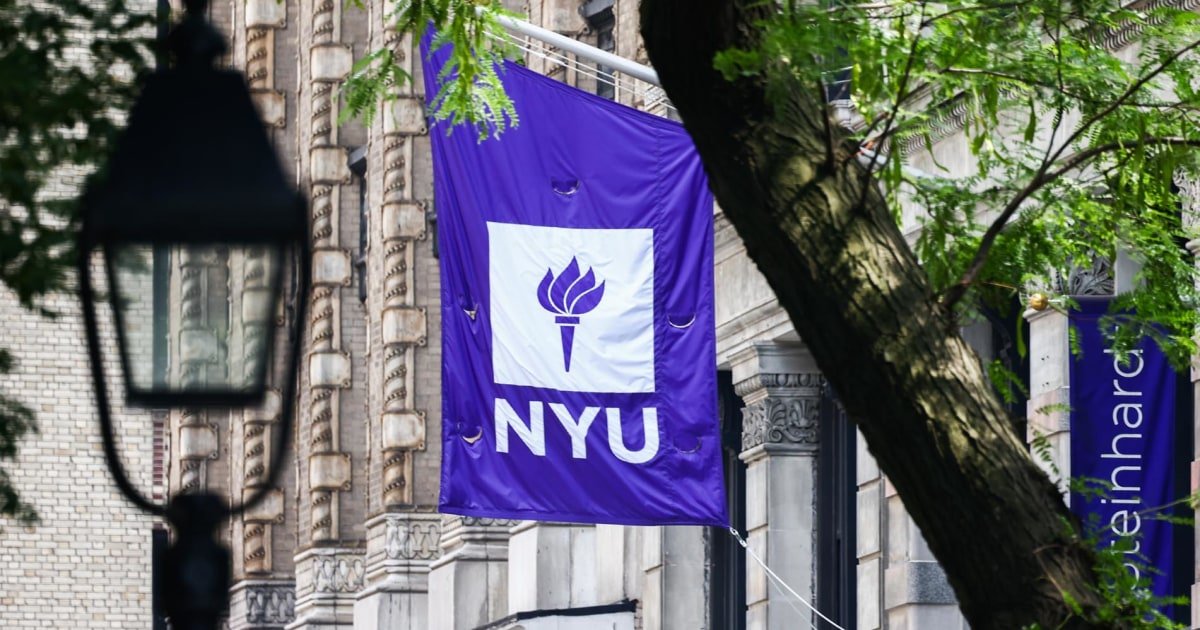Education
NYU withholds diploma of student who used commencement speech to address Israel-Hamas war

New York University said it is withholding the diploma of a student who delivered an unapproved commencement speech to address what he called the “atrocities currently happening in Palestine” during the Israel-Hamas war.
The prestigious private university quickly condemned the speech delivered by student Logan Rozos on Wednesday.
“NYU strongly denounces the choice by a student at the Gallatin School’s graduation today—one of over 20 school graduation ceremonies across our campus—to misuse his role as student speaker to express his personal and one-sided political views,” the school said in a statement Wednesday.
Rozos told members of his graduating class that he had been “freaking out a lot” about his speech, but his “moral and political commitments guide me to say that the only thing that is appropriate to say in this time and to a group this large is a recognition of the atrocities currently happening in Palestine.”
The ceremony was livestreamed on the school’s website, but a recording of it is not yet available. Videos of Rozos’ speech were posted online.
The camera panned to show some of his fellow classmates clapping and cheering.
“I want to say that the genocide currently occurring is supported politically and militarily by the United States, is paid for by our tax dollars, and has been livestreamed to our phones for the past 18 months,” Rozos continued. “I do not wish to speak only to my own politics today, but to speak for all people of conscience, all people who feel the moral injury of this atrocity. And I want to say that I condemn this genocide and complicity in this genocide.”
The camera panned again to show students clapping and standing.
The local Anti-Defamation League said it was “appalled” by the speech.
“We are thankful to the NYU administration for their strong condemnation and their pursuit of disciplinary action,” the ADL said in a post Thursday on X.
The university said Rozos “lied about the speech he was going to deliver and violated the commitment he made to comply with our rules.”
“The University is withholding his diploma while we pursue disciplinary actions,” the school said. “NYU is deeply sorry that the audience was subjected to these remarks and that this moment was stolen by someone who abused a privilege that was conferred upon him.”
